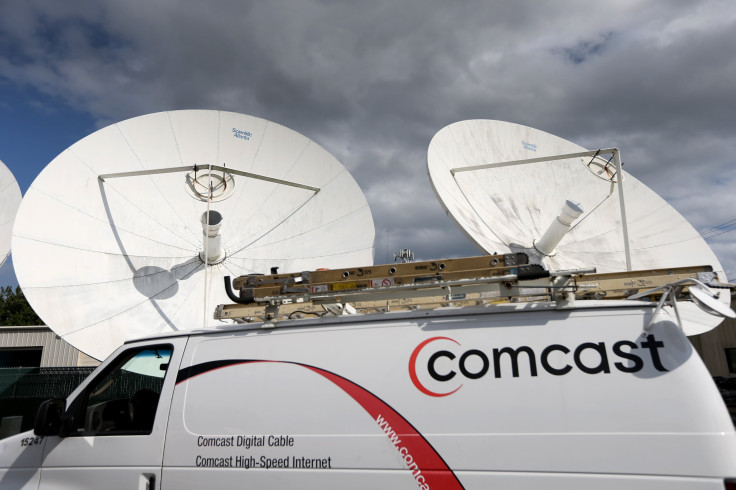Comcast, Time Warner Merger: FCC Recommends Hearing To Weigh Issues Around Controversial Deal: Report

Staff at the Federal Communications Commission (FCC) have recommended that Comcast Corp.'s proposed acquisition of Time Warner Cable Inc. be designated for a hearing, which could significantly hinder the companies' plans to merge, according to the Wall Street Journal.
The agency's recommendation for a hearing designation order would in effect put the decision on whether to allow the deal in the hands of an administrative law judge.
The Journal reported that the move would be seen as a strong signal that the FCC felt that the proposed deal was not in the public interest, and cited regulatory experts who described the hearing process as a deal-killer. Comcast, however, would be able to make its case for the deal at any hearing.
The news comes as the merger faces increasing opposition from politicians and other regulatory agencies. Earlier this week, a group of six senators -- five Democrats and one independent -- urged federal regulators to block the deal. The group, which included Elizabeth Warren and Al Franken, said the merger would not be in the interests of consumers, according to The Hill.
In addition, Justice Department's antitrust division are believed to be preparing a recommendation to block the deal. Antitrust regulators would rather see Comcast sell off assets, to keep the market competitive, or will file a lawsuit to block a deal that hurts consumers, according to people familiar with the officials’ point of view, who spoke to Bloomberg.
Representatives of Comcast and Time Warner met with Justice Department officials on Wednesday, but all parties to the talks declined to discuss details, according to the Journal.
Comcast, the nation's largest cable provider, and Time Warner Cable first announced merger plans more than 14 months ago. The merged entity would serve 56.8 percent of U.S. broadband subscribers, and would also serve about 29 percent of the residential pay-TV market, about 29 million customers.
© Copyright IBTimes 2025. All rights reserved.






















